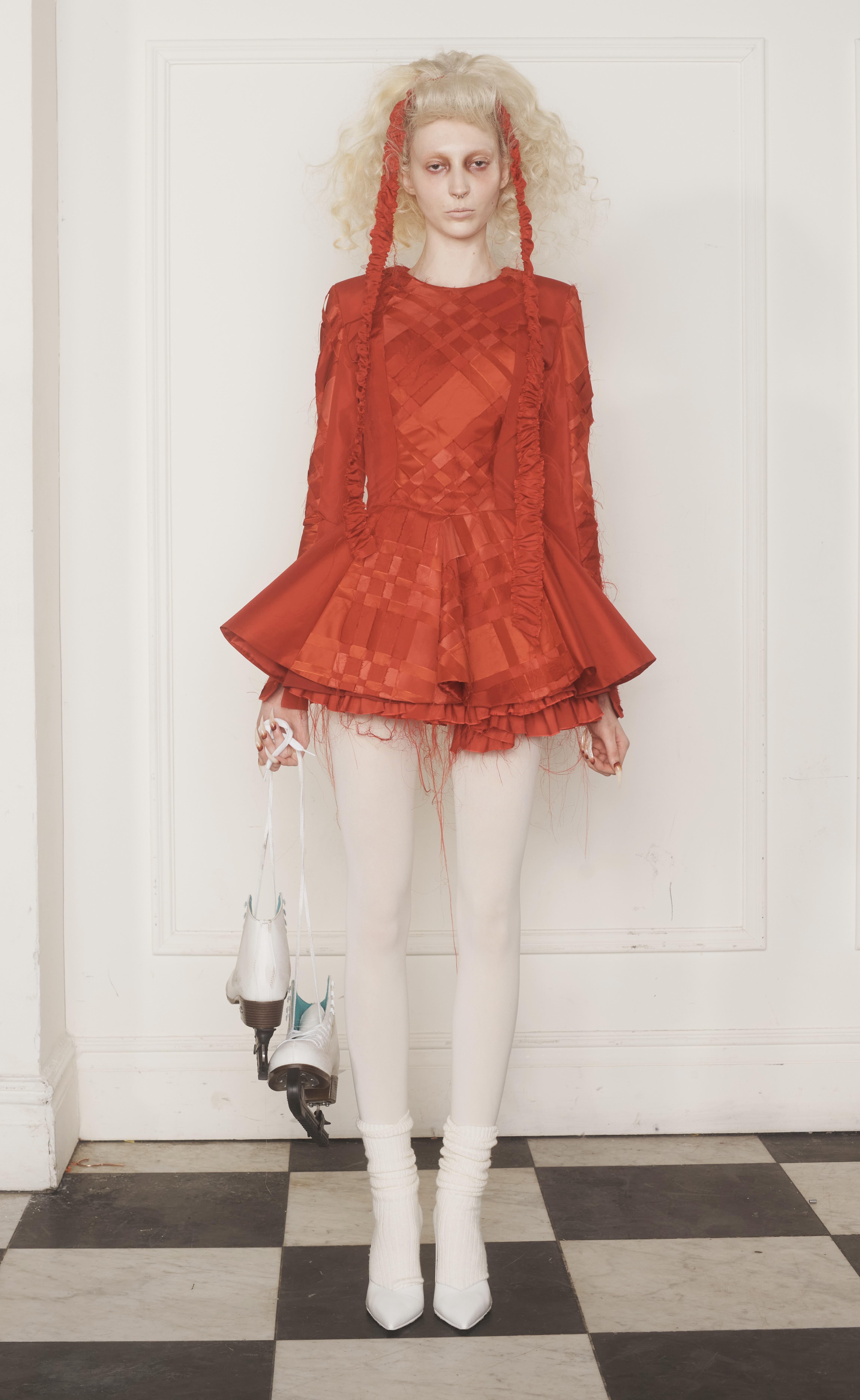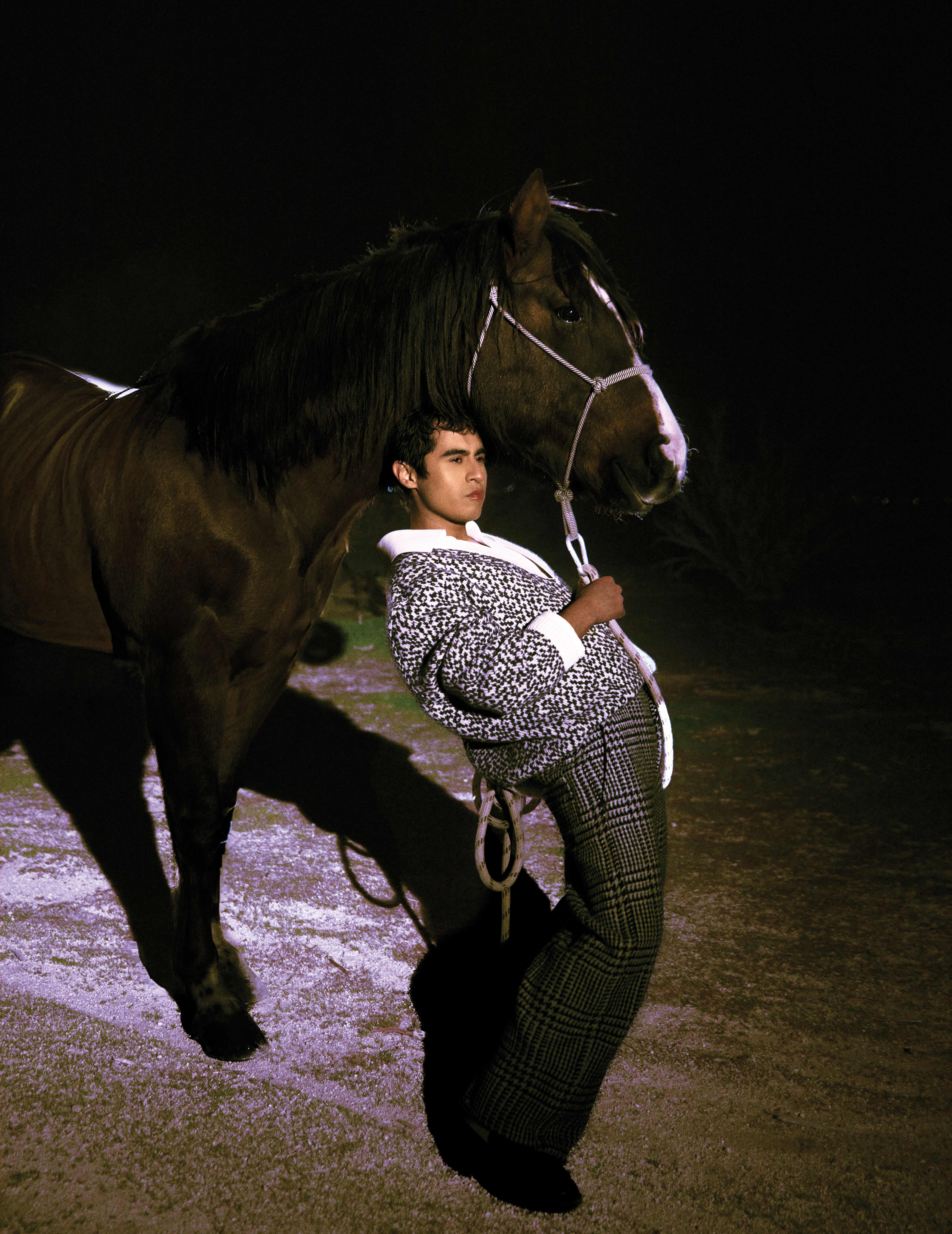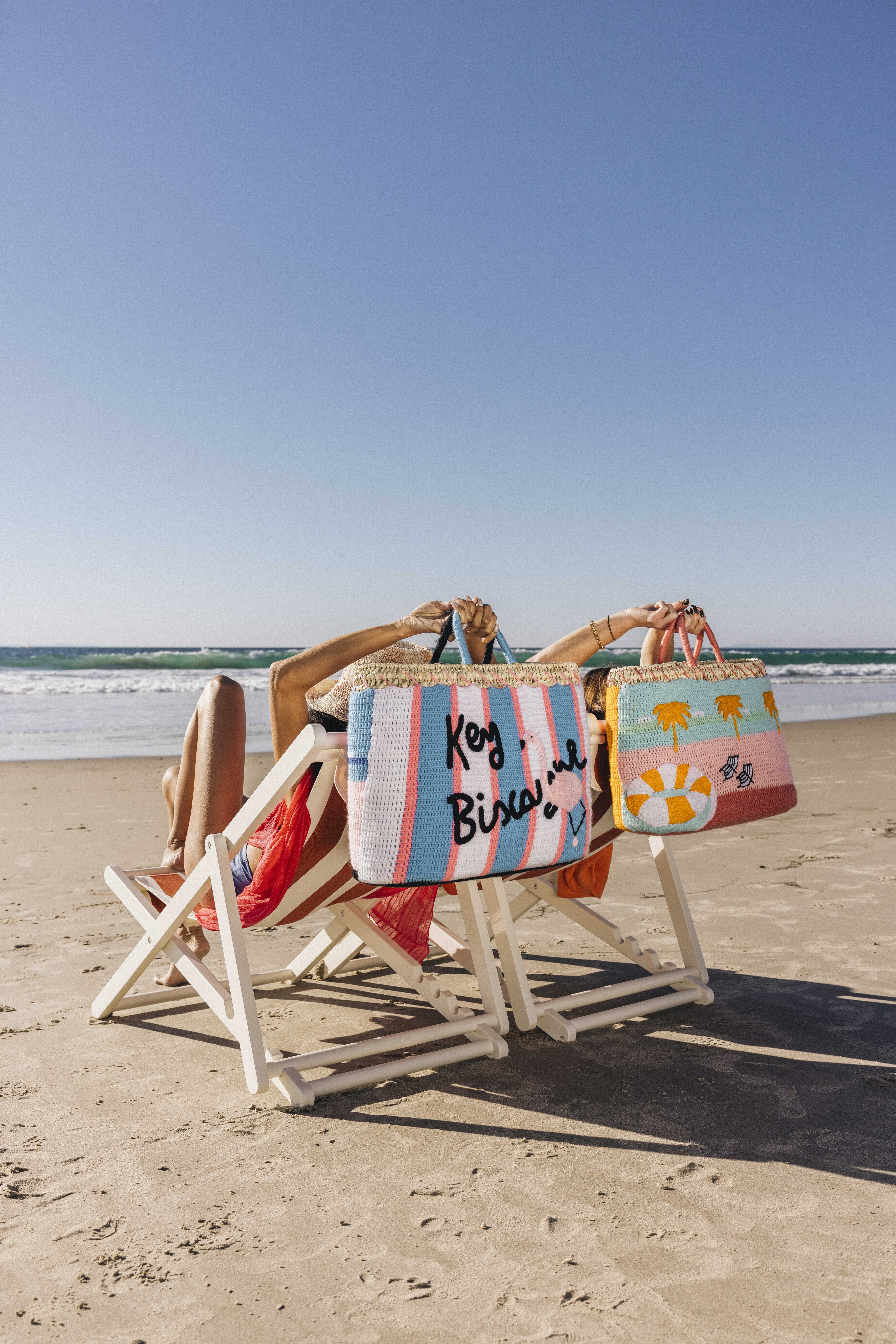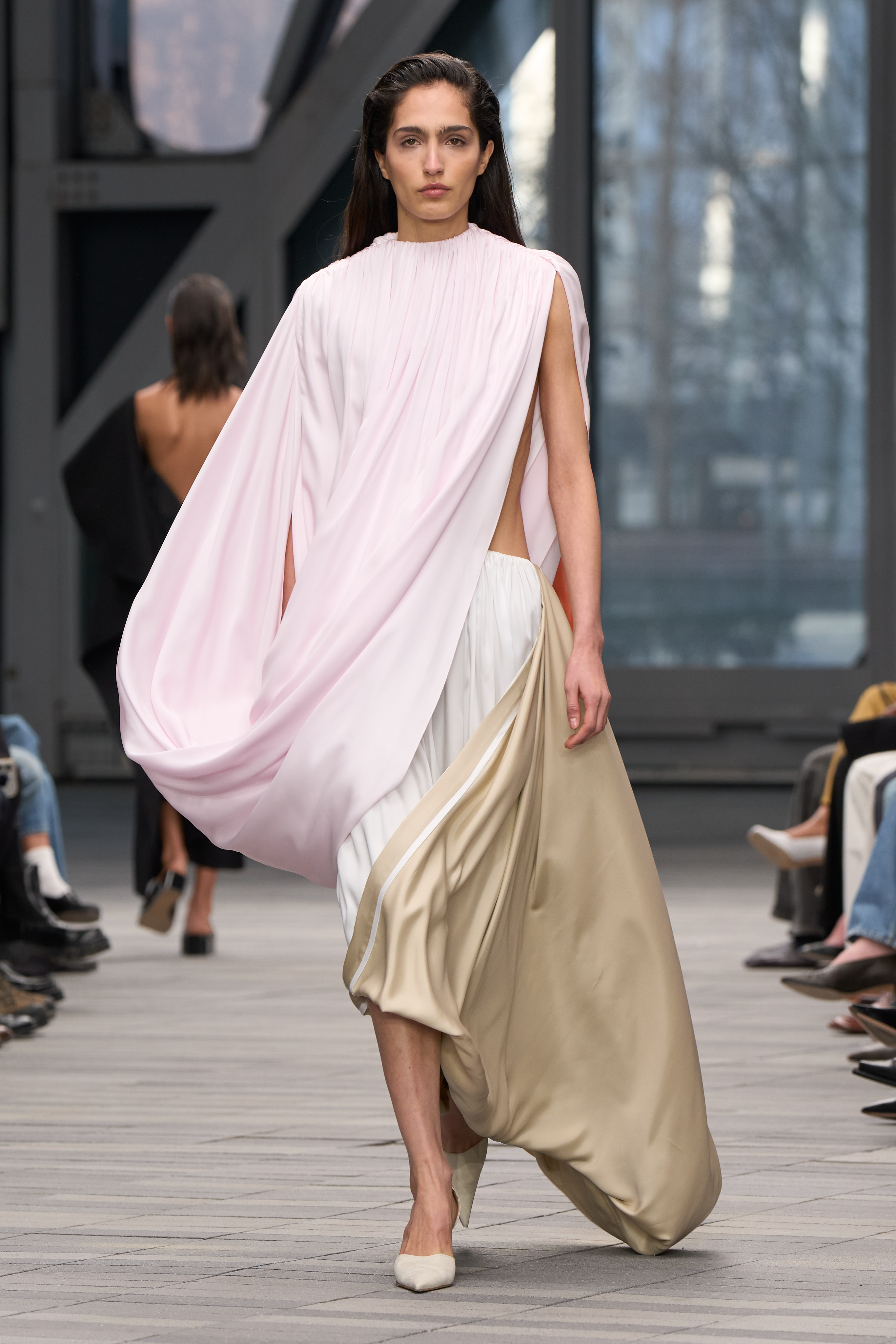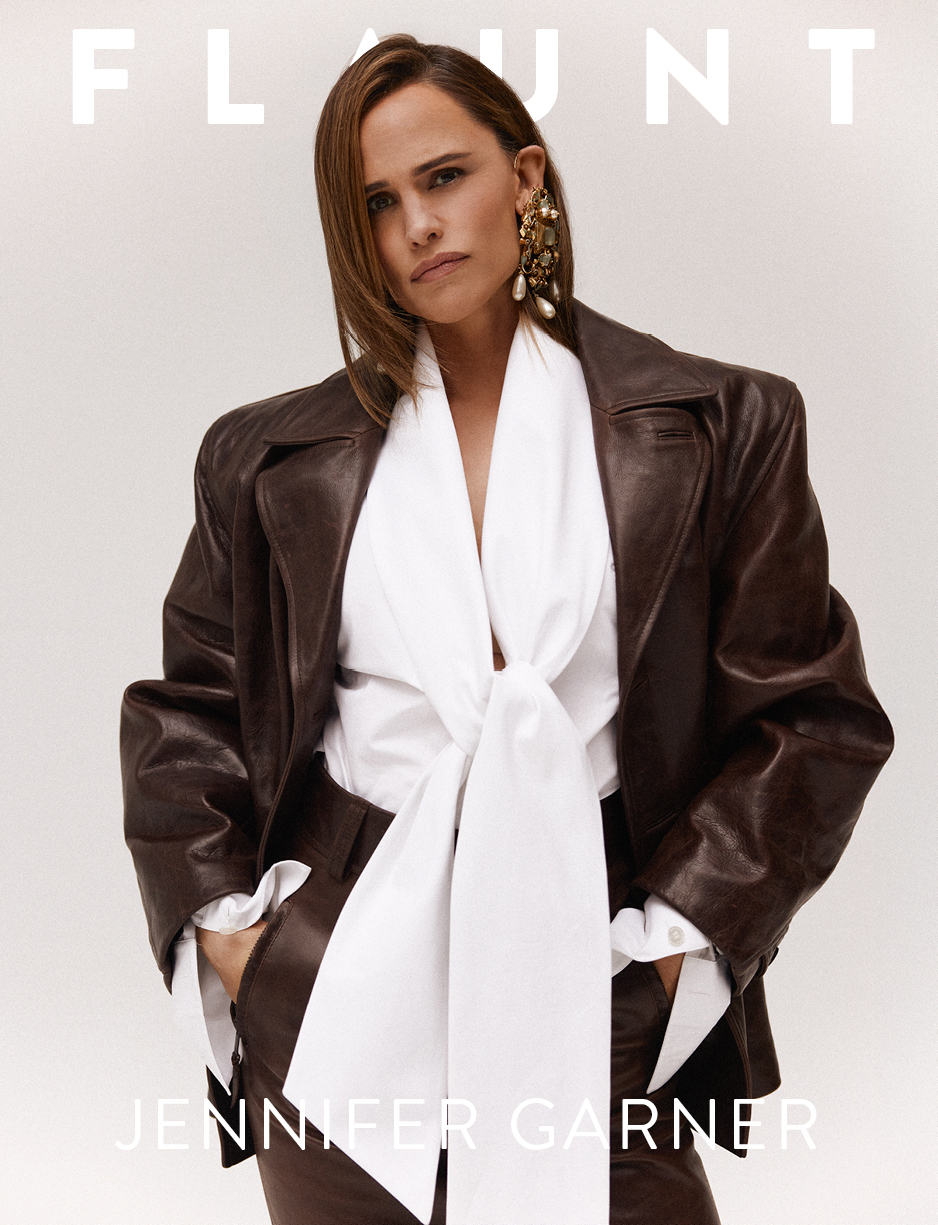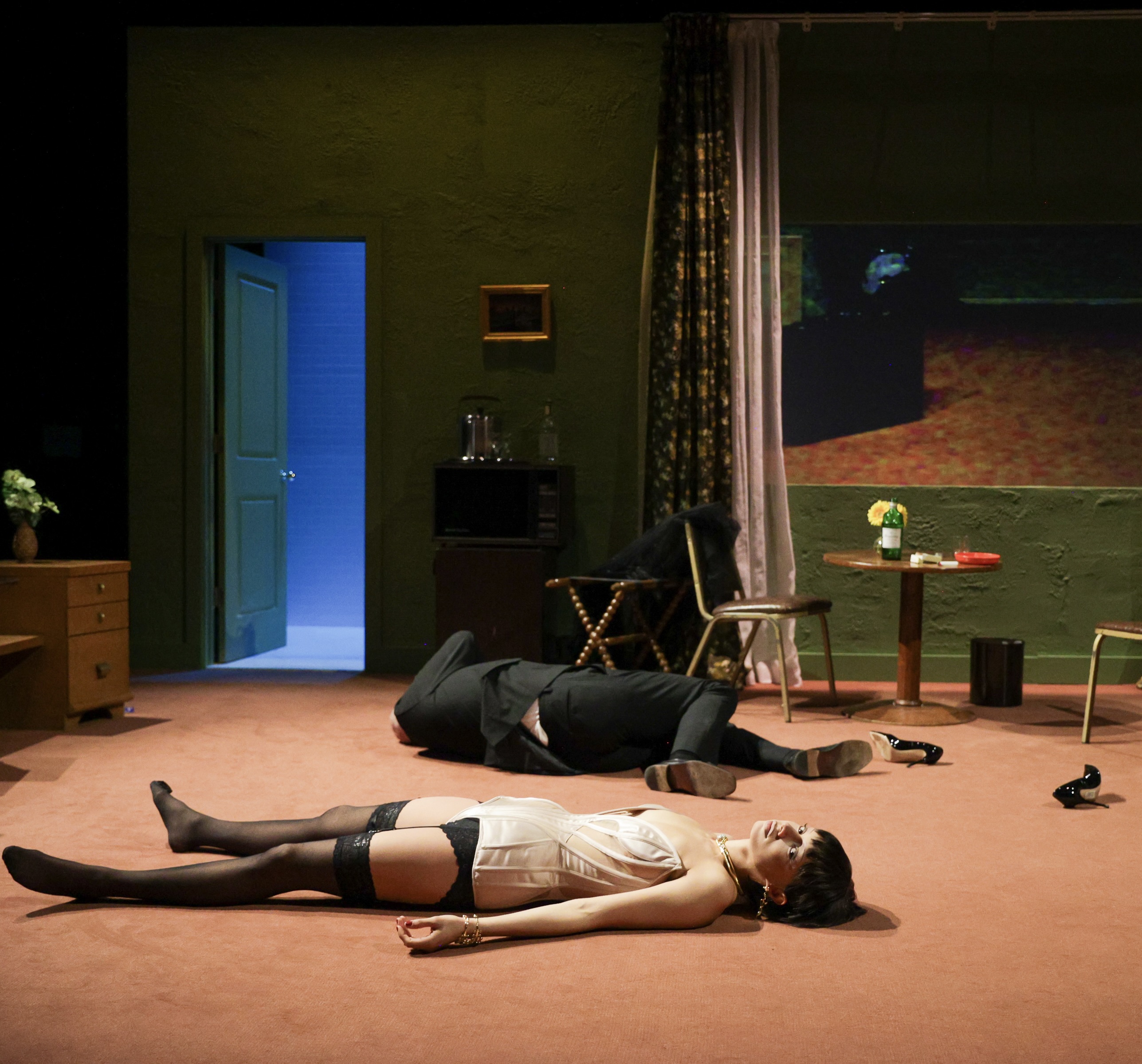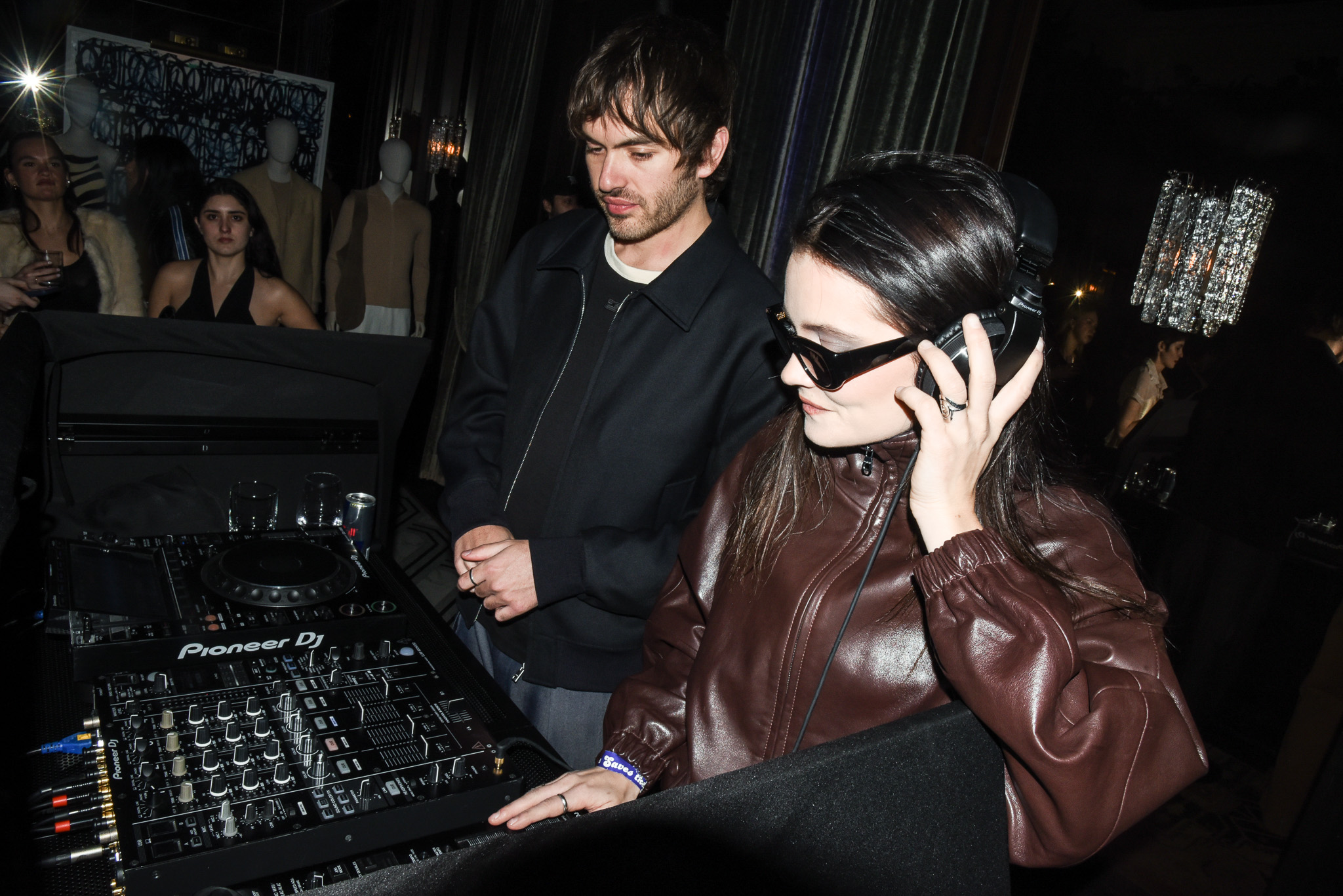

“When it was over we both sat there in utter disgust. Or maybe that was just me.”
“Uh, you were definitely not a virgin.”
“Uh, Surprise. Motherfucker.”
This anthem of female experience comes from the pages of Natascia Mallin’s new novel _The First 50: A Saga of Backseats, Bedrooms, Lookout Points, and Dive Bar._ The brilliantly funny and bitingly honest novel follows Mallin’s own life and centers on, as you probably guessed, sex—or rather more a woman's internalized relationship with relationships. The novel keeps up with Mallin all through her teens, 20s, and adulthood. Mallin’s most important relationship, however, is with the setting—an entirely different kind of love. Cleverly, the book explores a grim indulgence and gritty magic that is the Southern California city providing the perfect look at the world as a whole. Enabled through her storytelling, Mallin depicts a young woman facing pillar world events, like 9/11 or the Great Recession. But don’t be taken aback by that, it’s not a self indulgent story, rather an exploration of a time in the world and her relationship to it.
I opened this book and finished it in two days. There’s an addictive quality to it. Maybe it’s the brutal honesty, maybe it’s the poignancy of gritty familiarity, maybe it’s her ability to introspect, maybe it’s just refreshing to read about female experience without shame. Regardless, you would be foolish to skip a single chapter, each one accomplishes something different. You fall in love with it as she falls in and out of love through the book. I was thrilled to have the chance to talk with Natascia about it. Read below!
* * *
**This is one of those works I wish that I had had this when I was a younger.**
I think there's so many coming of age novels that are so specifically male. If I remember one of the books that I read when I was in high school. It was like the first time that some of these sorts of things were dealt with from a young female perspective, and I was like ‘Oh shit, I wonder how much better of a framework of the life I was experiencing I could have had had I've been reading these sorts of books that that would inform me about what's going on.
**Did this book change your relationship with your past? As you wrote it?**
I was having a conversation with a friend of mine who's featured throughout the story, and she and I were talking about specifically how my relationship to these stories has shifted the narrative for me in my head and in my heart. I had a story in my head of what took place again, now I'm mostly talking about the early chapters, like the intense ones, the story that I had in my head was the story that most often was dictated by the men that were boys that I was engaging with. What they said was going on, and what they said was cool, and not cool, and all of that stuff. And now that I've gone back and took control the narrative, it's so reaffirming in some ways. It erases that false narrative that I lived under for so long.
**Did you set out with that mindset of wanting to be actively de-stigmatizing female sexuality?**
I think that developed. I was doing it, I didn't really set out with the mindset of ‘I'm gonna write a book about my first 50 sexual experiences.’ It came out super organically. I was musing on whether or not I could even remember all of these at this point. And then as I started writing it, and I started thinking about how beneficial it would have been to have this book at my sexual awakening. As a girl, there wasn't a roadmap. And soon as I started to understand that that was actually what I was doing. My dream was that, as I wrote, I would be actively doing that. I would be actively de-stigmatizing. And that wasn't even the word that I had in my mind. It was just normalizing female sexuality without turning it into pornography or turning it into a series of stories of abuse. But this isn't just that, and it's not a super salacious book, but there are erotic encounters that take place. Women have this huge part of their existence that has been really defined as being these two things. My dream was to be able to get across that this is just super normal shit. This is how we think or this is at least how I think, and maybe this is relatable.
**Your setting (Los Angeles) is very reflective of the story you're telling. It's an active setting in the sense that it’s always growing and changing. Does LA kind of exist almost as a character in your novel?**
I sometimes even refer to her that way. There's this one part where I'd left LA for a while. I moved up to Oakland and went to school up there. And then I came back and had this weird experience of being a totally different person. Then seeing LA, which has always been your a home, but she's like, this promiscuous girl who's constantly reinventing herself. It's like different versions of the same person. I'm lucky in Los Angeles, because it's constantly represented in the media. Los Angeles is always shifting, and people's perspective and minds, and you know what goes on there. It's a very dynamic city. Whether you're living in it or whether you're experiencing it conceptually, it is a very dynamic city, and there's this through line generationally where I, personally, can talk about LA at the turn of the millennium and people who grew up in LA in the 70s can see Los Angeles reflect in it then. There's this living, breathing generational line.
**You have a very dark humors and a satirical writing tone of yourself and men etc. Was that really important to you for your tone in the story?**
Yeah, I mean, one, that's just how I talk, and it's also how I deal with more intense subjects. I’m a very, very emotional, very intense person. I think that my comedy can be really emotional and intense. I didn't want the book to be just horribly sad and monotone. Or just horribly superficially. I find comedy is such a great tool to like marry emotions that otherwise have nothing to do with one another. It's the perfect segway into like demonstrating the complexities of life. You can throw in a joke and the joke can be cruel and intense and painful but it's also oddly hilarious. That was that was it Big deal for me.
**You’re an actor. Do you ever kind of picture this in a performance medium?**
100%, also because the way I write is really conversational. It’s more or less how I talk, and so if I was ever stuck in a story like ‘Where do I want it? What part do I want to describe next?’ I would picture myself in a coffee shop talking to a friend maybe I haven't seen in a while and am telling them this story. I'm mentally very visual, so I like for certain things that were really important to me to be described visually. To beat an absolutely dead horse, I'm from Los Angeles, and everything is informed through television and movies. And so more than anything, as I was writing this book, I was. seeing it as a series in my head.
**Any literary inspirations?**
Junot Diaz is one of my favorite authors. I also think like his style of writing, controversy notwithstanding, his style of writing is one of the most relevant styles of writing. I think contemporary—even though he's a little bit older than me—I love what he does stylistically, because it is conversational in some degree. He also does an amazing beautiful thing with language where he code switches between, Spanish, English Spanglish, and whatever. He doesn’t explain himself. In _The Brief Wondrous Life of Oscar Wao_, he just inserts all of these concepts and references. If you're not in the know, you're not going to know. That book is ripe with footnotes, but not specifically always about those things. He's not excusing himself for not being from the canon of you. Not like typical White Eurocentric male knowledge, and I think that that's so important, and it's so freeing as a writer, and so I like often look to him stylistically. I also think he's one of the most intimate writers that I've ever read, like him and somebody like Jeanette Winterson is also who, for totally different reasons, are intensely intimate writers. Somehow intimacy becomes super relatable and universal. Growing up I read a lot of read Easton Ellis. He was a big deal for me. I really love television series and movies and the of use of that really strong narrator character. I think it's a really interesting tool, and so in my book I try to meet you when I was telling stories. I tried to have a really recognizable narrator. Shows like _Fleabag_, for example, or like, totally different side of the spectrum, what Netflix is doing with _A Series of Unfortunate Events_, you know, and having that like full narrator character in the forefront or like the play our town where the narrator is its own character or active storytelling. Yeah, I love that I relish that.
**What would you hope would be the main takeaway from your book?**
It was my dream as I was writing, I hate that I have to say this, but It's like ‘Oh women are people who are normal, who have normal sexual experiences, who have normal relationships with their sexuality that have absolutely nothing to do with your relationship to their sexuality.’ It's so stupid. Stupid that we have to say it. But it does need to be said more often than not. I hate that it does. But It does. My dream that I hope that people take away from this is just, women are people. They're not just like this thing that I made up in my mind. They're so complex, and they're so beautiful. And they're so flawed, but they're all these things. They're human beings, and their sexuality, and their relationship to it, and their experience of it is very fucking normal.
* * *
The book is available for online purchase August 24th [here](https://www.amazon.com/First-50-Backseats-Bedrooms-Lookout/dp/1644281643).
 
“When it was over we both sat there in utter disgust. Or maybe that was just me.”
“Uh, you were definitely not a virgin.”
“Uh, Surprise. Motherfucker.”
This anthem of female experience comes from the pages of Natascia Mallin’s new novel _The First 50: A Saga of Backseats, Bedrooms, Lookout Points, and Dive Bar._ The brilliantly funny and bitingly honest novel follows Mallin’s own life and centers on, as you probably guessed, sex—or rather more a woman's internalized relationship with relationships. The novel keeps up with Mallin all through her teens, 20s, and adulthood. Mallin’s most important relationship, however, is with the setting—an entirely different kind of love. Cleverly, the book explores a grim indulgence and gritty magic that is the Southern California city providing the perfect look at the world as a whole. Enabled through her storytelling, Mallin depicts a young woman facing pillar world events, like 9/11 or the Great Recession. But don’t be taken aback by that, it’s not a self indulgent story, rather an exploration of a time in the world and her relationship to it.
I opened this book and finished it in two days. There’s an addictive quality to it. Maybe it’s the brutal honesty, maybe it’s the poignancy of gritty familiarity, maybe it’s her ability to introspect, maybe it’s just refreshing to read about female experience without shame. Regardless, you would be foolish to skip a single chapter, each one accomplishes something different. You fall in love with it as she falls in and out of love through the book. I was thrilled to have the chance to talk with Natascia about it. Read below!
* * *
**This is one of those works I wish that I had had this when I was a younger.**
I think there's so many coming of age novels that are so specifically male. If I remember one of the books that I read when I was in high school. It was like the first time that some of these sorts of things were dealt with from a young female perspective, and I was like ‘Oh shit, I wonder how much better of a framework of the life I was experiencing I could have had had I've been reading these sorts of books that that would inform me about what's going on.
**Did this book change your relationship with your past? As you wrote it?**
I was having a conversation with a friend of mine who's featured throughout the story, and she and I were talking about specifically how my relationship to these stories has shifted the narrative for me in my head and in my heart. I had a story in my head of what took place again, now I'm mostly talking about the early chapters, like the intense ones, the story that I had in my head was the story that most often was dictated by the men that were boys that I was engaging with. What they said was going on, and what they said was cool, and not cool, and all of that stuff. And now that I've gone back and took control the narrative, it's so reaffirming in some ways. It erases that false narrative that I lived under for so long.
**Did you set out with that mindset of wanting to be actively de-stigmatizing female sexuality?**
I think that developed. I was doing it, I didn't really set out with the mindset of ‘I'm gonna write a book about my first 50 sexual experiences.’ It came out super organically. I was musing on whether or not I could even remember all of these at this point. And then as I started writing it, and I started thinking about how beneficial it would have been to have this book at my sexual awakening. As a girl, there wasn't a roadmap. And soon as I started to understand that that was actually what I was doing. My dream was that, as I wrote, I would be actively doing that. I would be actively de-stigmatizing. And that wasn't even the word that I had in my mind. It was just normalizing female sexuality without turning it into pornography or turning it into a series of stories of abuse. But this isn't just that, and it's not a super salacious book, but there are erotic encounters that take place. Women have this huge part of their existence that has been really defined as being these two things. My dream was to be able to get across that this is just super normal shit. This is how we think or this is at least how I think, and maybe this is relatable.
**Your setting (Los Angeles) is very reflective of the story you're telling. It's an active setting in the sense that it’s always growing and changing. Does LA kind of exist almost as a character in your novel?**
I sometimes even refer to her that way. There's this one part where I'd left LA for a while. I moved up to Oakland and went to school up there. And then I came back and had this weird experience of being a totally different person. Then seeing LA, which has always been your a home, but she's like, this promiscuous girl who's constantly reinventing herself. It's like different versions of the same person. I'm lucky in Los Angeles, because it's constantly represented in the media. Los Angeles is always shifting, and people's perspective and minds, and you know what goes on there. It's a very dynamic city. Whether you're living in it or whether you're experiencing it conceptually, it is a very dynamic city, and there's this through line generationally where I, personally, can talk about LA at the turn of the millennium and people who grew up in LA in the 70s can see Los Angeles reflect in it then. There's this living, breathing generational line.
**You have a very dark humors and a satirical writing tone of yourself and men etc. Was that really important to you for your tone in the story?**
Yeah, I mean, one, that's just how I talk, and it's also how I deal with more intense subjects. I’m a very, very emotional, very intense person. I think that my comedy can be really emotional and intense. I didn't want the book to be just horribly sad and monotone. Or just horribly superficially. I find comedy is such a great tool to like marry emotions that otherwise have nothing to do with one another. It's the perfect segway into like demonstrating the complexities of life. You can throw in a joke and the joke can be cruel and intense and painful but it's also oddly hilarious. That was that was it Big deal for me.
**You’re an actor. Do you ever kind of picture this in a performance medium?**
100%, also because the way I write is really conversational. It’s more or less how I talk, and so if I was ever stuck in a story like ‘Where do I want it? What part do I want to describe next?’ I would picture myself in a coffee shop talking to a friend maybe I haven't seen in a while and am telling them this story. I'm mentally very visual, so I like for certain things that were really important to me to be described visually. To beat an absolutely dead horse, I'm from Los Angeles, and everything is informed through television and movies. And so more than anything, as I was writing this book, I was. seeing it as a series in my head.
**Any literary inspirations?**
Junot Diaz is one of my favorite authors. I also think like his style of writing, controversy notwithstanding, his style of writing is one of the most relevant styles of writing. I think contemporary—even though he's a little bit older than me—I love what he does stylistically, because it is conversational in some degree. He also does an amazing beautiful thing with language where he code switches between, Spanish, English Spanglish, and whatever. He doesn’t explain himself. In _The Brief Wondrous Life of Oscar Wao_, he just inserts all of these concepts and references. If you're not in the know, you're not going to know. That book is ripe with footnotes, but not specifically always about those things. He's not excusing himself for not being from the canon of you. Not like typical White Eurocentric male knowledge, and I think that that's so important, and it's so freeing as a writer, and so I like often look to him stylistically. I also think he's one of the most intimate writers that I've ever read, like him and somebody like Jeanette Winterson is also who, for totally different reasons, are intensely intimate writers. Somehow intimacy becomes super relatable and universal. Growing up I read a lot of read Easton Ellis. He was a big deal for me. I really love television series and movies and the of use of that really strong narrator character. I think it's a really interesting tool, and so in my book I try to meet you when I was telling stories. I tried to have a really recognizable narrator. Shows like _Fleabag_, for example, or like, totally different side of the spectrum, what Netflix is doing with _A Series of Unfortunate Events_, you know, and having that like full narrator character in the forefront or like the play our town where the narrator is its own character or active storytelling. Yeah, I love that I relish that.
**What would you hope would be the main takeaway from your book?**
It was my dream as I was writing, I hate that I have to say this, but It's like ‘Oh women are people who are normal, who have normal sexual experiences, who have normal relationships with their sexuality that have absolutely nothing to do with your relationship to their sexuality.’ It's so stupid. Stupid that we have to say it. But it does need to be said more often than not. I hate that it does. But It does. My dream that I hope that people take away from this is just, women are people. They're not just like this thing that I made up in my mind. They're so complex, and they're so beautiful. And they're so flawed, but they're all these things. They're human beings, and their sexuality, and their relationship to it, and their experience of it is very fucking normal.
* * *
The book is available for online purchase August 24th [here](https://www.amazon.com/First-50-Backseats-Bedrooms-Lookout/dp/1644281643).

“When it was over we both sat there in utter disgust. Or maybe that was just me.”
“Uh, you were definitely not a virgin.”
“Uh, Surprise. Motherfucker.”
This anthem of female experience comes from the pages of Natascia Mallin’s new novel _The First 50: A Saga of Backseats, Bedrooms, Lookout Points, and Dive Bar._ The brilliantly funny and bitingly honest novel follows Mallin’s own life and centers on, as you probably guessed, sex—or rather more a woman's internalized relationship with relationships. The novel keeps up with Mallin all through her teens, 20s, and adulthood. Mallin’s most important relationship, however, is with the setting—an entirely different kind of love. Cleverly, the book explores a grim indulgence and gritty magic that is the Southern California city providing the perfect look at the world as a whole. Enabled through her storytelling, Mallin depicts a young woman facing pillar world events, like 9/11 or the Great Recession. But don’t be taken aback by that, it’s not a self indulgent story, rather an exploration of a time in the world and her relationship to it.
I opened this book and finished it in two days. There’s an addictive quality to it. Maybe it’s the brutal honesty, maybe it’s the poignancy of gritty familiarity, maybe it’s her ability to introspect, maybe it’s just refreshing to read about female experience without shame. Regardless, you would be foolish to skip a single chapter, each one accomplishes something different. You fall in love with it as she falls in and out of love through the book. I was thrilled to have the chance to talk with Natascia about it. Read below!
* * *
**This is one of those works I wish that I had had this when I was a younger.**
I think there's so many coming of age novels that are so specifically male. If I remember one of the books that I read when I was in high school. It was like the first time that some of these sorts of things were dealt with from a young female perspective, and I was like ‘Oh shit, I wonder how much better of a framework of the life I was experiencing I could have had had I've been reading these sorts of books that that would inform me about what's going on.
**Did this book change your relationship with your past? As you wrote it?**
I was having a conversation with a friend of mine who's featured throughout the story, and she and I were talking about specifically how my relationship to these stories has shifted the narrative for me in my head and in my heart. I had a story in my head of what took place again, now I'm mostly talking about the early chapters, like the intense ones, the story that I had in my head was the story that most often was dictated by the men that were boys that I was engaging with. What they said was going on, and what they said was cool, and not cool, and all of that stuff. And now that I've gone back and took control the narrative, it's so reaffirming in some ways. It erases that false narrative that I lived under for so long.
**Did you set out with that mindset of wanting to be actively de-stigmatizing female sexuality?**
I think that developed. I was doing it, I didn't really set out with the mindset of ‘I'm gonna write a book about my first 50 sexual experiences.’ It came out super organically. I was musing on whether or not I could even remember all of these at this point. And then as I started writing it, and I started thinking about how beneficial it would have been to have this book at my sexual awakening. As a girl, there wasn't a roadmap. And soon as I started to understand that that was actually what I was doing. My dream was that, as I wrote, I would be actively doing that. I would be actively de-stigmatizing. And that wasn't even the word that I had in my mind. It was just normalizing female sexuality without turning it into pornography or turning it into a series of stories of abuse. But this isn't just that, and it's not a super salacious book, but there are erotic encounters that take place. Women have this huge part of their existence that has been really defined as being these two things. My dream was to be able to get across that this is just super normal shit. This is how we think or this is at least how I think, and maybe this is relatable.
**Your setting (Los Angeles) is very reflective of the story you're telling. It's an active setting in the sense that it’s always growing and changing. Does LA kind of exist almost as a character in your novel?**
I sometimes even refer to her that way. There's this one part where I'd left LA for a while. I moved up to Oakland and went to school up there. And then I came back and had this weird experience of being a totally different person. Then seeing LA, which has always been your a home, but she's like, this promiscuous girl who's constantly reinventing herself. It's like different versions of the same person. I'm lucky in Los Angeles, because it's constantly represented in the media. Los Angeles is always shifting, and people's perspective and minds, and you know what goes on there. It's a very dynamic city. Whether you're living in it or whether you're experiencing it conceptually, it is a very dynamic city, and there's this through line generationally where I, personally, can talk about LA at the turn of the millennium and people who grew up in LA in the 70s can see Los Angeles reflect in it then. There's this living, breathing generational line.
**You have a very dark humors and a satirical writing tone of yourself and men etc. Was that really important to you for your tone in the story?**
Yeah, I mean, one, that's just how I talk, and it's also how I deal with more intense subjects. I’m a very, very emotional, very intense person. I think that my comedy can be really emotional and intense. I didn't want the book to be just horribly sad and monotone. Or just horribly superficially. I find comedy is such a great tool to like marry emotions that otherwise have nothing to do with one another. It's the perfect segway into like demonstrating the complexities of life. You can throw in a joke and the joke can be cruel and intense and painful but it's also oddly hilarious. That was that was it Big deal for me.
**You’re an actor. Do you ever kind of picture this in a performance medium?**
100%, also because the way I write is really conversational. It’s more or less how I talk, and so if I was ever stuck in a story like ‘Where do I want it? What part do I want to describe next?’ I would picture myself in a coffee shop talking to a friend maybe I haven't seen in a while and am telling them this story. I'm mentally very visual, so I like for certain things that were really important to me to be described visually. To beat an absolutely dead horse, I'm from Los Angeles, and everything is informed through television and movies. And so more than anything, as I was writing this book, I was. seeing it as a series in my head.
**Any literary inspirations?**
Junot Diaz is one of my favorite authors. I also think like his style of writing, controversy notwithstanding, his style of writing is one of the most relevant styles of writing. I think contemporary—even though he's a little bit older than me—I love what he does stylistically, because it is conversational in some degree. He also does an amazing beautiful thing with language where he code switches between, Spanish, English Spanglish, and whatever. He doesn’t explain himself. In _The Brief Wondrous Life of Oscar Wao_, he just inserts all of these concepts and references. If you're not in the know, you're not going to know. That book is ripe with footnotes, but not specifically always about those things. He's not excusing himself for not being from the canon of you. Not like typical White Eurocentric male knowledge, and I think that that's so important, and it's so freeing as a writer, and so I like often look to him stylistically. I also think he's one of the most intimate writers that I've ever read, like him and somebody like Jeanette Winterson is also who, for totally different reasons, are intensely intimate writers. Somehow intimacy becomes super relatable and universal. Growing up I read a lot of read Easton Ellis. He was a big deal for me. I really love television series and movies and the of use of that really strong narrator character. I think it's a really interesting tool, and so in my book I try to meet you when I was telling stories. I tried to have a really recognizable narrator. Shows like _Fleabag_, for example, or like, totally different side of the spectrum, what Netflix is doing with _A Series of Unfortunate Events_, you know, and having that like full narrator character in the forefront or like the play our town where the narrator is its own character or active storytelling. Yeah, I love that I relish that.
**What would you hope would be the main takeaway from your book?**
It was my dream as I was writing, I hate that I have to say this, but It's like ‘Oh women are people who are normal, who have normal sexual experiences, who have normal relationships with their sexuality that have absolutely nothing to do with your relationship to their sexuality.’ It's so stupid. Stupid that we have to say it. But it does need to be said more often than not. I hate that it does. But It does. My dream that I hope that people take away from this is just, women are people. They're not just like this thing that I made up in my mind. They're so complex, and they're so beautiful. And they're so flawed, but they're all these things. They're human beings, and their sexuality, and their relationship to it, and their experience of it is very fucking normal.
* * *
The book is available for online purchase August 24th [here](https://www.amazon.com/First-50-Backseats-Bedrooms-Lookout/dp/1644281643).


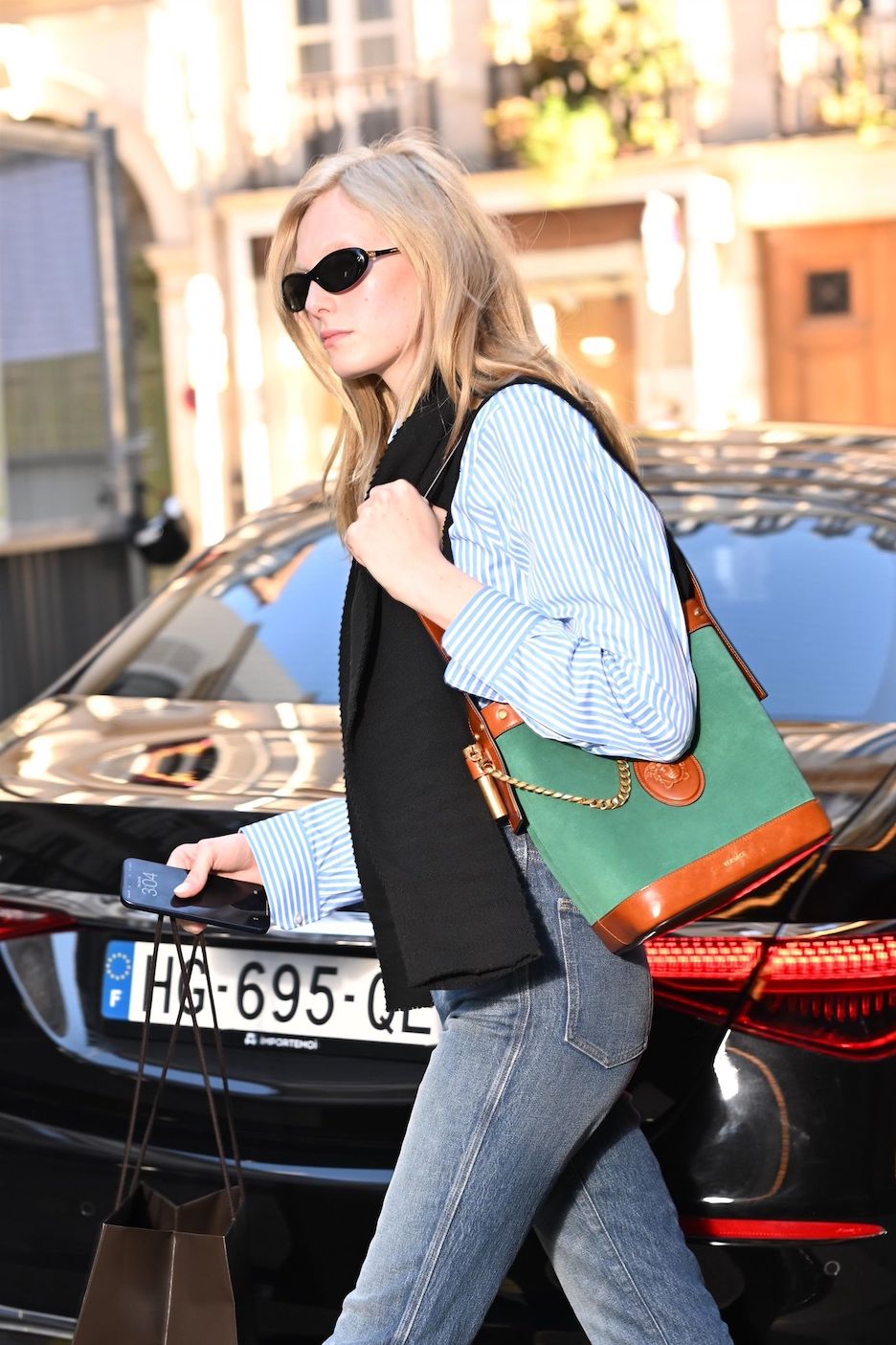
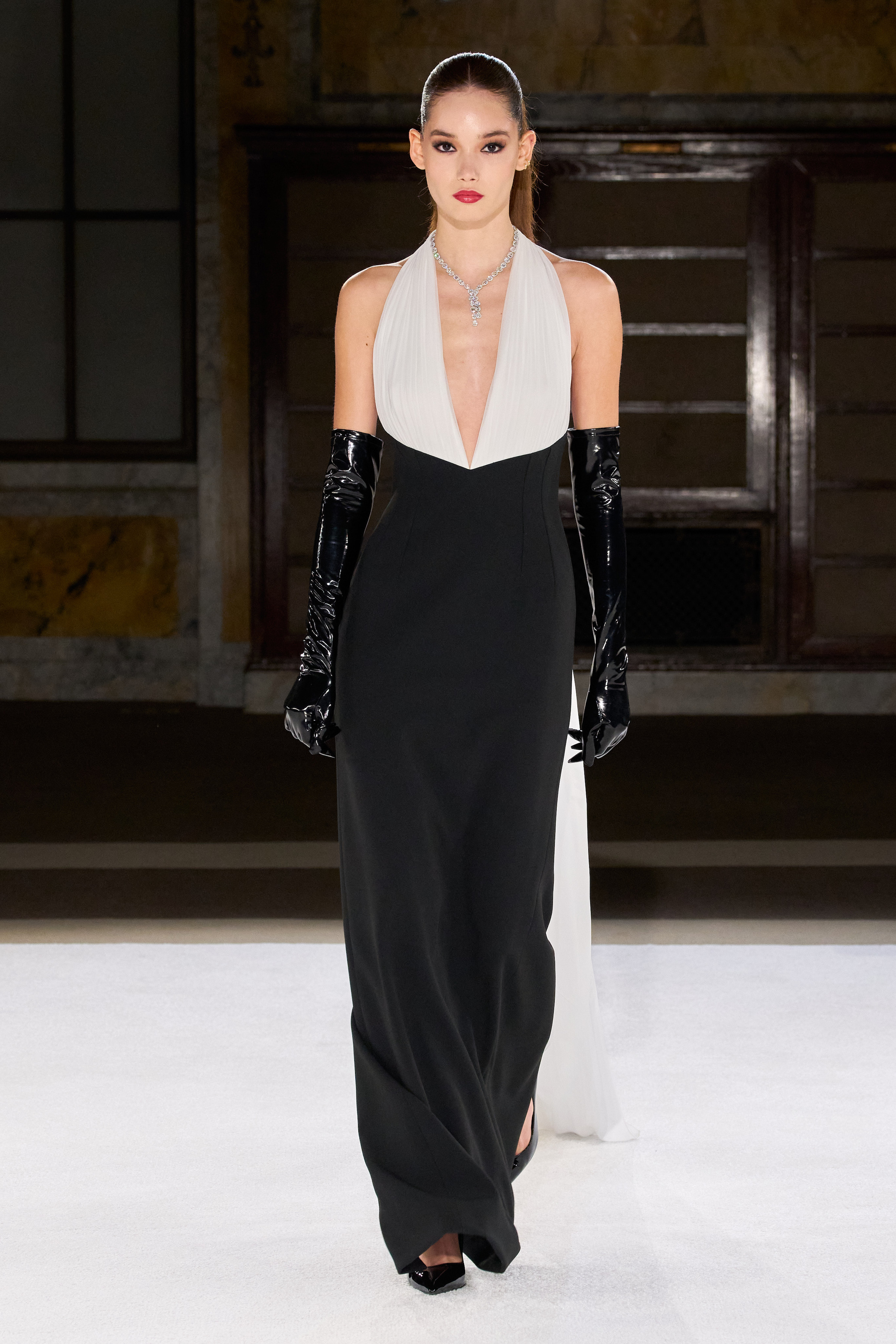
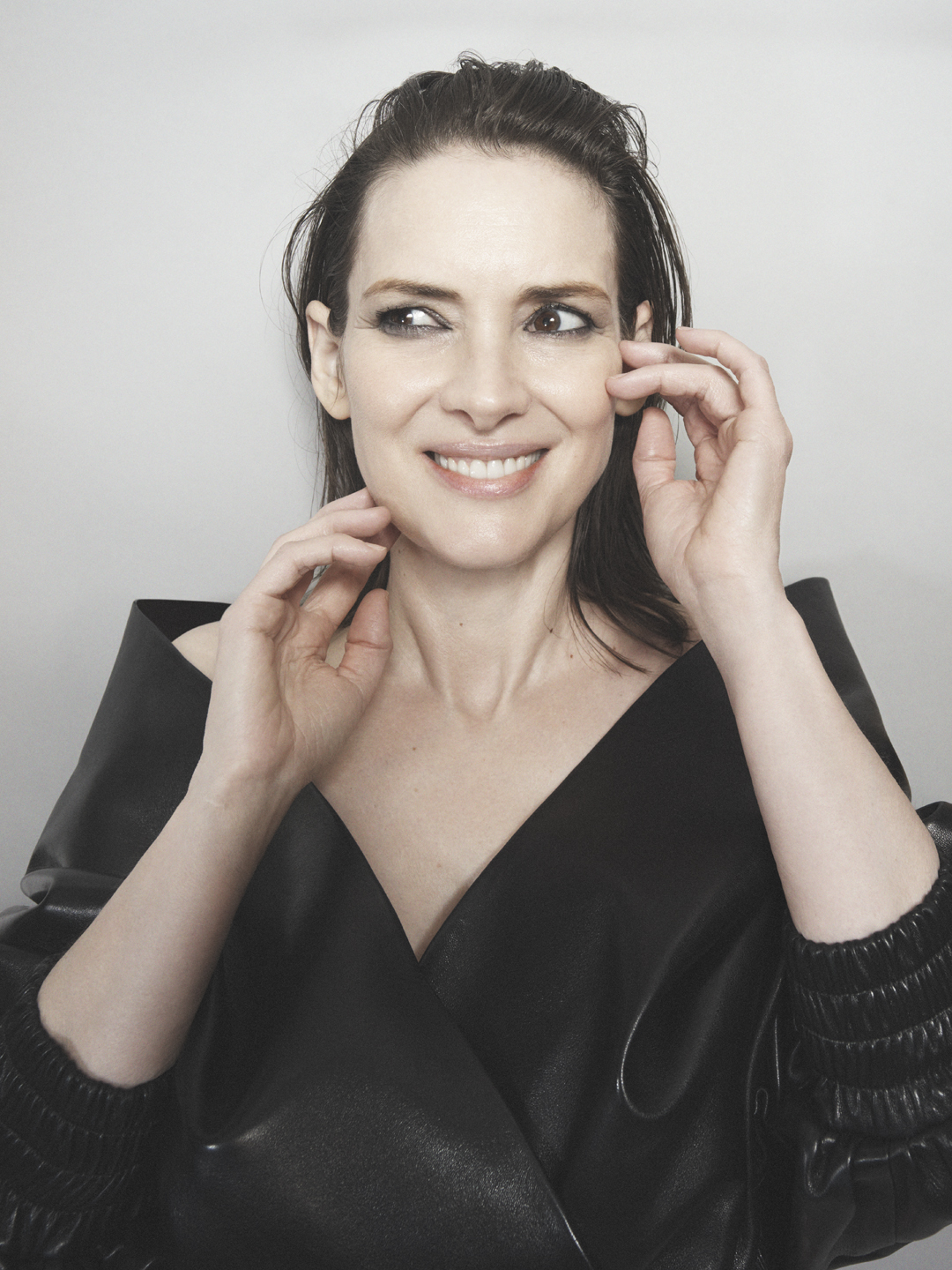
.jpg)
